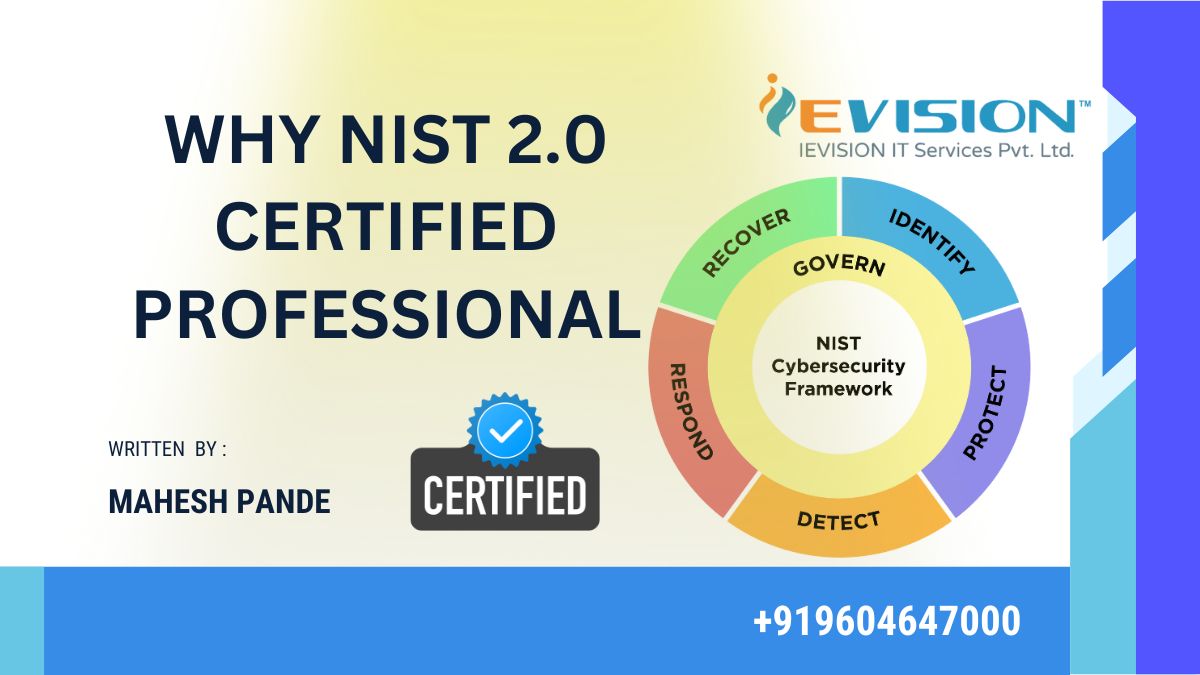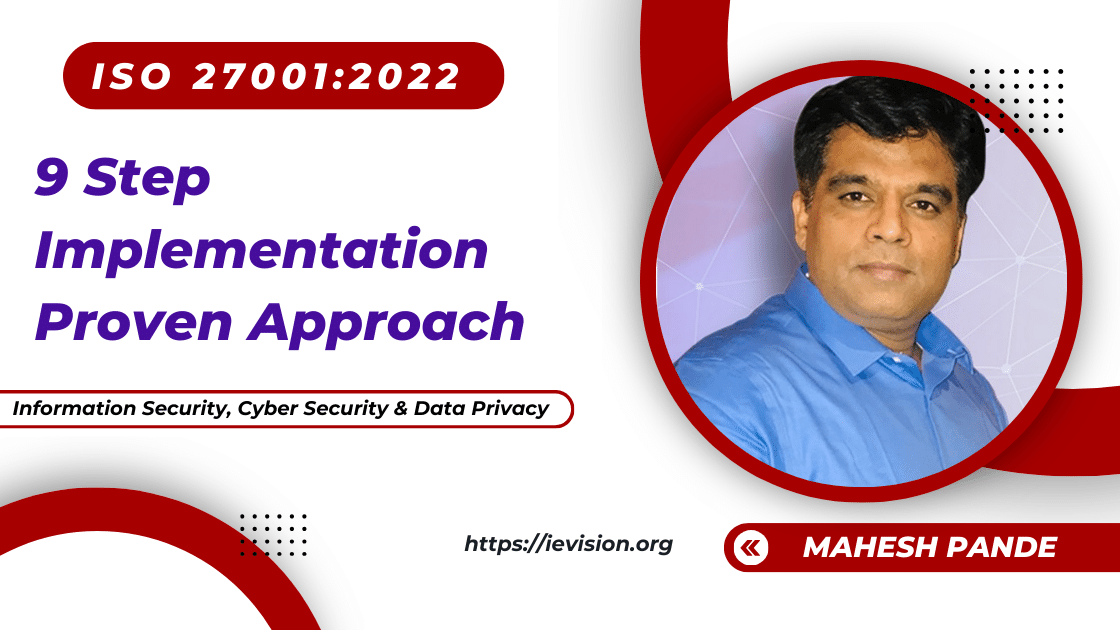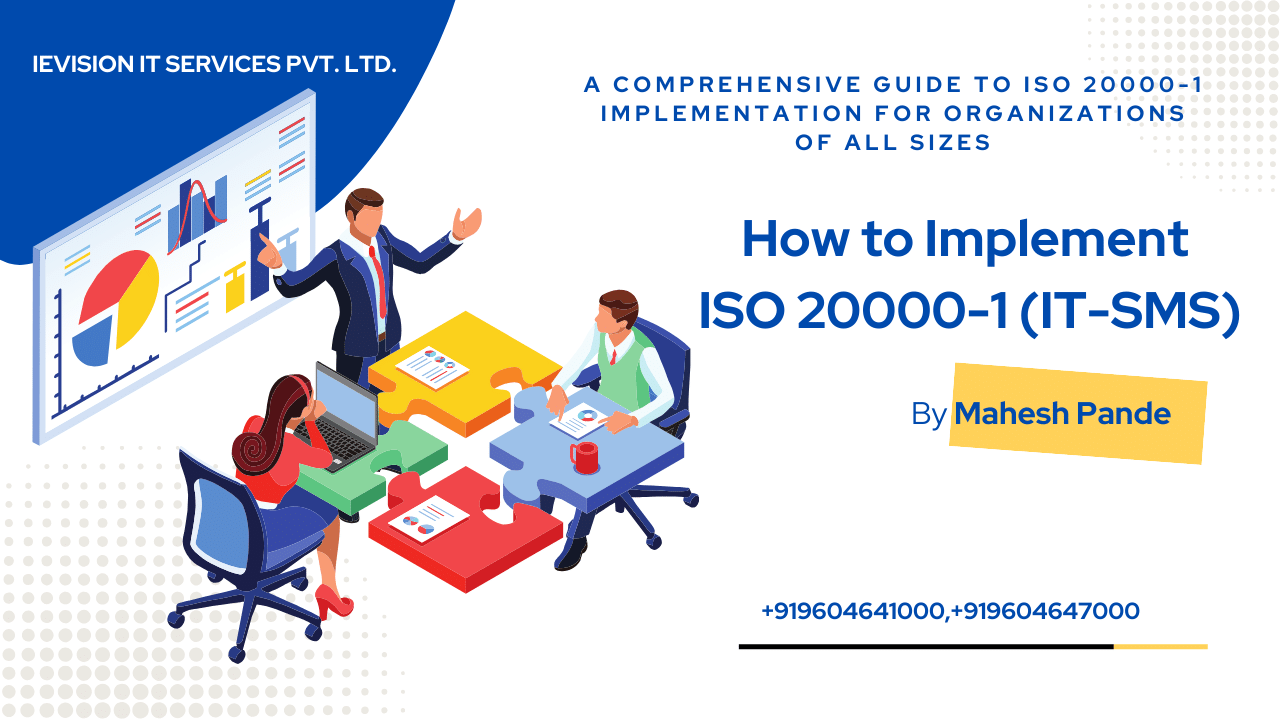
Cybersecurity has become a foundational element of any organization's long-term success. As threats grow more sophisticated, businesses are increasingly relying on structured frameworks to manage security risks and protect sensitive data. One of the most respected frameworks in this domain comes from the National Institute of Standards and Technology (NIST). As a result, professionals who are certified in NIST methodologies—often referred to as NIST Certified Professionals (NCPs)—are in high demand. But what exactly is a NIST Certified Professional? Who should pursue this certification? What are the benefits, and what does the curriculum include? Let’s explore.
What Is a NIST Certified Professional?
A NIST Certified Professional is someone who has undergone specialized training to understand, interpret and implement NIST cybersecurity frameworks, particularly the NIST Cybersecurity Framework (CSF) and the Risk Management Framework (RMF). While NIST itself does not directly issue certifications, various recognized training organizations offer courses aligned with these frameworks, such as the NIST Cybersecurity Professional (NCSP) series. These certifications focus on teaching professionals how to manage cyber risks, align cybersecurity with business objectives, and build a resilient security posture using NIST guidelines. Certified individuals learn how to apply NIST’s five core functions—Identify, Protect, Detect, Respond and Recover—to real-world organizational settings, making them valuable assets in any security-focused team.
5 core functions
1. Identify
The Identify function focuses on understanding the organization’s environment to manage cybersecurity risk. It involves identifying critical assets, systems, data, and business context, as well as evaluating governance and risk management strategies. The goal is to lay the groundwork for effective protection and response.
2. Protect
Protect includes the safeguards and controls necessary to secure systems and data. It covers access control, data security, awareness training, and protective technologies. The objective is to limit or prevent the impact of cybersecurity events.
3. Detect
The Detect function is focused on identifying cybersecurity events quickly and accurately. This includes continuous monitoring, anomaly detection, and threat intelligence. Detection capabilities help ensure that malicious activity or breaches are noticed in time to take appropriate action, minimizing potential damage.
4. Respond
The Respond function addresses what actions to take once a cybersecurity incident is detected. It involves incident response planning, communication strategies, analysis of the event, and coordination with internal and external stakeholders. The aim is to contain the impact, understand the cause, and prevent recurrence.
5. Recover
The Recover function focuses on restoring normal operations after a cybersecurity event. This includes recovery planning, system restoration, and implementing improvements based on lessons learned. It ensures business continuity and helps organizations emerge stronger and more prepared for future incidents.
Benefits of Becoming a NIST Certified Professional
Pursuing NIST certification offers several professional and organizational benefits:
1. Demonstrated Expertise
Certification shows you have a validated understanding of one of the most widely used cybersecurity frameworks.
2. Career Advancement
Credentials like the NCSP can open doors to roles in government, finance, healthcare, energy, and defense sectors.
3. Compliance Readiness
Helps your organization meet compliance mandates like FISMA, HIPAA, DFARS, and others that reference NIST standards.
4. Stronger Risk Management
Trains professionals to identify, assess, and mitigate risks in a structured and repeatable way.
5. Competitive Advantage
For consultants and firms, having NIST-certified staff enhances credibility and can be a deciding factor in winning contracts.
Who Should Appear for the Certification?
The NIST Certified Professional credential is ideal for:
IT Security Professionals
Risk Managers and Compliance Officers
Consultants and Contractors
Cybersecurity Program Managers and CISOs
Auditors and Assessors
Conclusion:
The NIST Certified Professional credential equips you with the knowledge and tools to manage cybersecurity risks in today’s fast-changing threat landscape. Whether you work in government, healthcare, finance, or tech, understanding and applying NIST frameworks can elevate your career and your organization's resilience.
If you're ready to build a strong cybersecurity foundation rooted in one of the most trusted standards globally, becoming a NIST Certified Professional is a strategic step forward. Apply For NIST 2 Online Training and Certification









